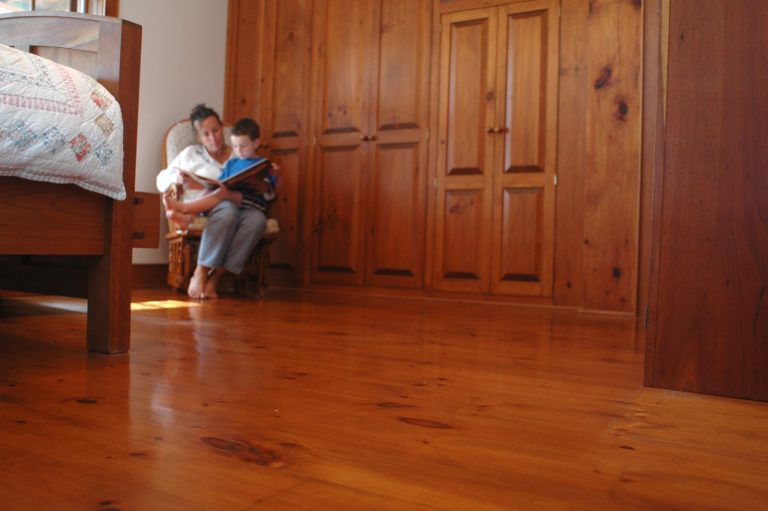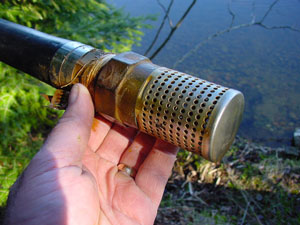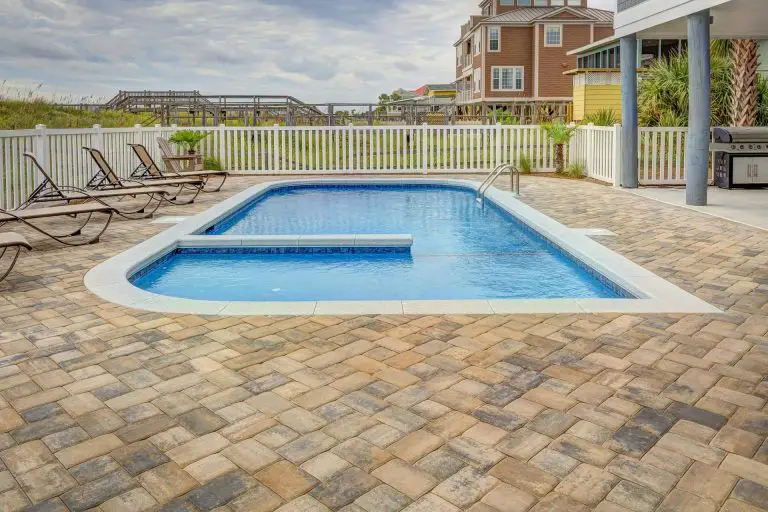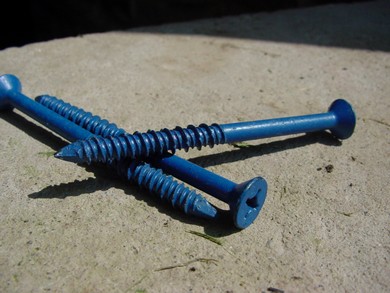
Your garage door is one of the hardest-working things in your home. Opening and closing, up and down dozens of times a week. It is a big job for our garage door to work so hard, protecting your car, your tools, your stuff, but like any mechanical system in your home, it will need regular maintenance and the occasional repair.
If you’re a homeowner, you know the importance of knowing what you can DIY and when to call a professional. In this article, we’ll explore the stuff you can DIY and what a professional should be doing.
What Can You DIY – Let’s Break It Down
If you’re opting for the DIY route, then here are three things you can do yourself without relying on expensive repairmen. Sure, it’ll get your hands a bit dirty, but that’s ok, because it’ll be fun, plus you’ll also learn more about how the whole system works – which’ll help gather experience for any future DIY endeavors.
1. Lubricate Moving Parts
A squeaky garage door isn’t just annoying – it’s a sign of friction wearing down components. Every 6 months or so, apply a silicone-based lubricant to:
- Rollers
- Hinges
- Tracks (wipe away all the dirt and debris first)
Pro Tip: As recommended by the International Door Association, don’t use the very popular WD-40 as it attracts dust. It’s a great short-term fix, but you aren’t looking for short-term. Use a dedicated garage door lubricant like white lithium grease instead.
2. Test the Balance
If your door is unbalanced, it puts strain on the opener and will wear the motor and bearings out faster. To check the balance, follow these steps:
- Disconnect the opener (pull the manual release cord).
- Lift the door halfway – if it doesn’t stay in place, the springs may need adjustment.
Always check your individual manuals for any other tips. That’s because garage doors might work with different mechanisms, which have more/fewer/different parts that need to be properly maintained.
Safety Notice: Never adjust the springs yourself. The springs are under immense tension, and if this lets go, it could shoot out and cause serious injury (OR WORSE!). Plus, regular store-bought tools might not be designed to deal with this much tension, which further creates the risk of injury to yourself or damage to the door.
3. Check the Safety Sensors
Newer doors have auto-reverse sensors (check your manual); these are there to prevent accidents, so test them every month just to be sure:
- Place an object that won’t get damaged/destroyed in case the door doesn’t stop (e.g., a shoe or roll of tape) in the door’s path while it is closing.
The door should reverse immediately when the object is detected by the sensor; if not, the sensors need realignment or cleaning (usually a good cleaning will do, so start with that. If cleaning doesn’t work, then call a garage door repairman to service the door for you, but be prepared that the sensors might need to be replaced, which will be more pricey.
These are the essential things to check and can be done by yourself. For more DIY ideas, check out PA home improvement guides and tips to keep your garage door working for step-by-step help.
5 Common Signs You Need a Pro
If the DIY route doesn’t do the trick, we’ll need to call in the pros, because, let’s be real – regardless of how confident we are, some jobs are just too much for a quick DIY fix.
We are talking about springs, which could cause injury if not handled with the correct tools, a lack of experience, and knowing what exactly you should be doing (or how). There might be broken or misaligned parts that only a professional will know how to fix, the garage door won’t open/close for whatever reason – things like that.
If I were looking for garage door repair near me, I’d just look for them online on my phone. It’s quick, it’s easy, and it’ll do the trick.
Once you find a trusted technician, get him/her to help you with the following issues:
- Broken Springs – As mentioned above, there is a lot of tension on those springs, and they could cause injury, so leave it to the pros.
Common symptoms:
- If you hear a loud bang (like a firecracker).
- The door won’t open (even manually).
- One side is hanging lower or moves unevenly.
- Door Off Its Tracks – Forcing the door back can damage the door permanently.
Common symptoms:
- Grinding/scraping noise.
- The door moves crookedly/jerks when operating.
- Visible gaps between rolls and tracks.
- Opener Malfunctions – Electrical issues will require a licensed electrician and specialized tools.
Common symptoms:
- You hear the motor running, but the door doesn’t budge.
- The door starts moving, but then unexpectedly stops.
- The remote works inconsistently or not at all (that also might be a dead battery, so try changing the battery of the remote first).
- Weather Stripping Damage – Improper sealing can waste energy and allow mixture damage.
Common symptoms:
- You hear/feel drafts.
- Water/insects/pests getting into the garage.
- Weather stripping has visible damage or signs of being worn out (e.g., cracks, gaps, peeling off).
- Persistent Noises – Don’t guess what these might be; unusual/ongoing noises can point to worn-out parts (rollers, hinges, bearings, loose components), meaning there’s a much higher chance of you misdiagnosing the issue, leading to even more problems to deal with.
So, basically, stick to this:
- Grinding? Could be worn rollers.
- Squeaking/screeching? Could be dry bearings.
- Popping/banging/rattling? Could be loose hardware or spring issues.
- High-pitched whining? Could be the motor or the belt.
OR maybe not! The safest route is to call a professional who can (even though it’ll cost you) save you a lot of time and money by correctly diagnosing the issue, plus a pro will do the fixing part correctly!
And when looking for which one to pick, keep in mind that not all garage door companies are equal.
Look for:
✔ Local experience.
✔ Licensed and insured technicians.
✔ Emergency services (a snapped spring at 8 PM, can’t wait).
DIY resources are fantastic and can be fun and save money, but know when to call in the big guns, those pros you can rely on. Garage door repair can be complicated and sometimes dangerous on many levels. Better to play it safe!
Summing Up
So, what can we learn from all of this? You want your home to have curb appeal, be safe, and a little upkeep can go a long way. Be sure to do a biannual maintenance routine, and you will extend your garage door’s life by years!
Don’t be a victim of the throw-away society, and just throw the old one away and get a new one, especially if it is one fix away from being practically new. Value your money and take pride in the little things. However… if something crops up with funny sounds and springs and crooked doors, bring in the pros and have it handled safely, quickly, and expertly.












